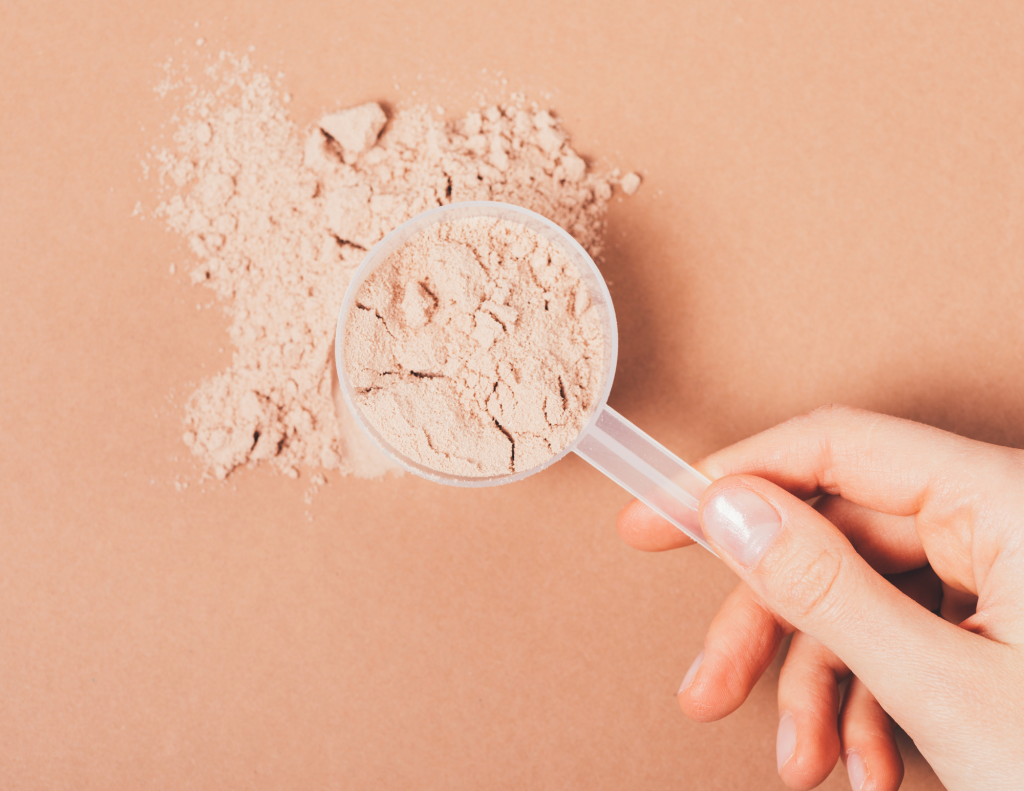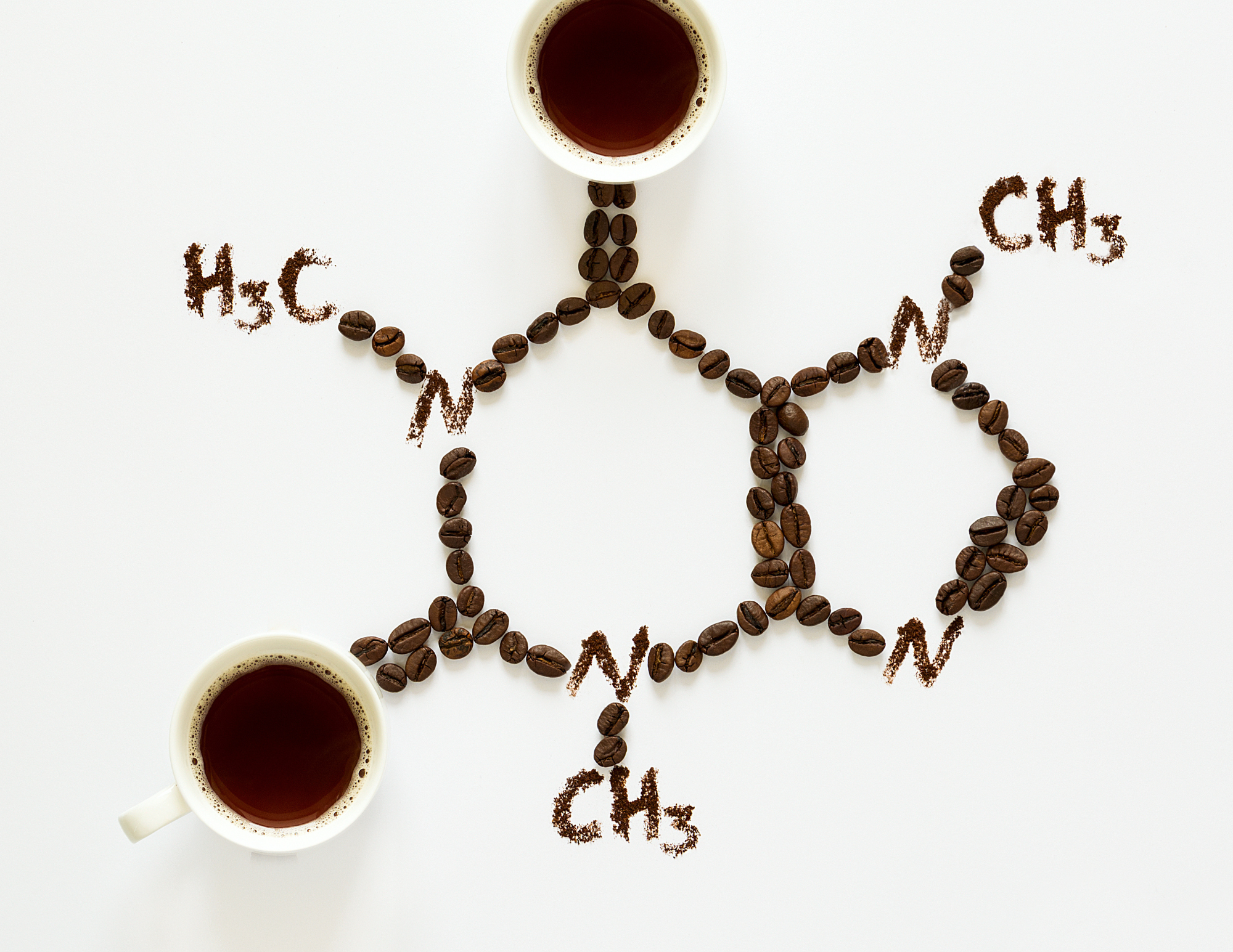Some would say that the best part of waking up is having some coffee in a cup, but is your morning pick-me-up good for your health? March is Caffeine Awareness Month and we are here to share all you need to know when it comes to the health benefits and risks of too much caffeine!
What is Caffeine?
Caffeine is a natural stimulant that is known to increase energy levels and can be found in sources such as coffee beans and tea leaves. It is also synthetically created and added to beverages such as energy drinks and soda. About 90% of Americans consume caffeine each day, the most popular forms of consumption being coffee and soda.

Those who regularly drink coffee may decrease their risk of cardiovascular disease, diabetes, some cancers, and Parkinson’s disease, as long as consumption is within the healthy guidelines. Coffee itself has other health benefits such as speeding up digestion and can regulate blood sugar levels due to the ability to preserve beta cells in the pancreas.
How Much Caffeine Should I Have?
The Food and Drug Administration (FDA) has determined 400 milligrams (mg) of caffeine a day (about 4-5 cups of coffee) to be a healthy limit, but an important thing to note is that coffee (about 95 mg of caffeine per serving), as well as black and green tea (28-50 mg of caffeine per serving), are both a natural form of caffeine, and the health benefits originate from its natural source. These same health benefits may not occur when consuming caffeine products that are artificially made such as energy drinks (40-300 mg of caffeine per serving) or soda (30-45 mg of caffeine per serving).
How Does Caffeine Work?
When caffeine is consumed, it is absorbed in the gut and then enters the bloodstream. From there, it will travel to the liver where it will be broken down further so the body can absorb it as needed, mostly in the brain. It takes about 45 minutes for caffeine to absorb in the body, but factors such as food intake can interfere with how fast caffeine is absorbed; if you consume your morning cup of joe on an empty stomach, you may have a quicker energy boost than when consuming it with breakfast!
Once the caffeine has been absorbed in the body, it blocks a hormone called adenosine, which is meant to relax the brain and make you feel sleepy. Adenosine levels normally increase throughout the day, which is why we go from feeling awake to feeling more tired as the day goes on, which can also be why some may face the “midday slump” and need a caffeine boost to get through the rest of the day. When caffeine is in your system, it helps you stay awake by connecting adenosine receptors to the brain without actually activating them, hence “stimulating” the body to stay awake. Caffeine also increases adrenaline levels and increases the activity of dopamine and norepinephrine receptors in the brain, and the combination of these actions lead to increased alertness and focus.
As stated earlier, the absorption of caffeine can vary depending on factors such as if there is food in your system, but caffeine can be broken down at different speeds based on other factors as well. For example, caffeine normally remains in the blood for 1.5-9.5 hours, but if you are a smoker, you may break down caffeine at a faster rate than a non-smoker (1). Another example would be that pregnant women break down caffeine at a slower rate, lasting up to 15 hours in the third trimester to remove it from the system! (1) Some may develop a high tolerance to caffeine when consumed often, which can reduce the effects of the stimulant. It is important to keep in mind that a high tolerance does not mean that the amount of caffeine should increase, likely surpassing the recommended limit of 400 mg per day. The effects of caffeine may occur at a lower rate but the body will still react to high amounts of caffeine which can lead to negative side effects such as increased heart rate and jitteriness. Oftentimes when one tries to cut back on caffeine to lower their tolerance, they will experience withdrawal symptoms such as headaches, irritability, and fatigue, but these effects should subside after a week without caffeine!
Different Forms of Caffeine and Their Limits

Caffeine can be found in two forms, natural and artificial. Natural caffeine sources include coffee beans, tea leaves, and cacao beans. Artificial caffeine sources can be found in powder and liquid forms, and are more potent and toxic than natural sources. According to the Mayo Clinic, “one teaspoon of powdered caffeine is equivalent to about 28 cups of coffee”, but remember the FDA declared 400 mg as the healthy limit of caffeine (equal to 4-5 cups of coffee)?! Consuming too much caffeine, especially of the wrong caffeine, can lead to health issues and possible death. (4)
High doses of caffeine, considered more than 12 cups of coffee or the caffeine equivalent, can lead to a person feeling anxious, increase in blood pressure and heart rate, and can cause one to feel jittery. While there are side effects from having too much caffeine, when it is consumed at a healthy rate, it has benefits such as improving mood, increased alertness, and increased athletic performance*.
*Caffeine can increase the usage of fat as fuel during exercise, which causes glucose storage within the muscles to last longer and delays muscle fatigue. This means that one can last longer throughout their workout as fatigue tolerance increases through caffeine consumption, which leads to consistency with exercise, leading to increased athletic performance. (2)

Energy drinks, a popular and potent form of caffeine, have been shown to lead to irregular heart rhythms and high blood pressure, and usually tend to be full of calories and sugar. Consuming high amounts of caffeine, especially through sources such as energy drinks, can lead to dehydration, anxiety, and insomnia (not being able to sleep). (3)
Since caffeine blocks the hormone adenosine, as mentioned earlier and is responsible for increasing sleep, which also leads to decreasing other hormones related to sleep such as serotonin and melatonin. If caffeine is consumed in excessive amounts or too close to bedtime, it can interfere with sleep patterns, and can lead to an increased consumption of caffeine the following day. This can turn into a vicious cycle of not getting enough sleep and consuming too much caffeine, and can lead to chronic health issues down the road like heart disease, high blood pressure, stroke, and obesity.
Ways to Limit Caffeine
While caffeine may have some health benefits, here are some tips on how to limit or eliminate caffeine consumption if you are struggling with high amounts of consumption:
- Make sure to consume less than 4 cups of coffee a day if that is your source of caffeine (less than 400 mg of caffeine a day in general)
- Know that caffeine can be found in food sources, such as chocolate, and certain medications. Analgesics, a pain reliever, contains caffeine to help reduce headaches and pain. It is important to pay attention to caffeine intake when taking this medication.
- If you plan to drink less caffeine, cut back slowly to reduce withdrawal symptoms. While that may seem like a dramatic recommendation for a natural stimulant, it will reduce the likelihood of having a headache for a few days!
- Switch to decaf coffee so you can still enjoy the taste! And if you are a tea drinker, swap your green tea for herbal tea.
Sources
https://www.healthline.com/nutrition/caffeine-and-exercise#endurance-performance



